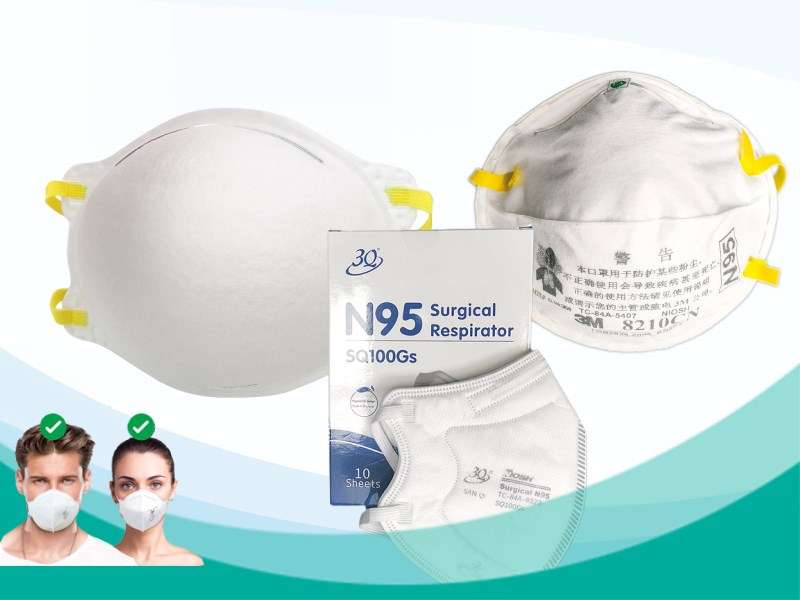Introduction
ithin the ever-evolving landscape of food production, upholding the quality and safety of frozen products remains an uncompromisable goal. Amidst the intricacies of the production process, hazards like airborne particles, contaminants, and pathogens demand vigilant attention. To ensure both the well-being of workers and the maintenance of a sterile production environment, the adoption of N95 masks has emerged as a pivotal practice in frozen product processing facilities. In this article, we delve into the pivotal role played by N95 masks and their multifaceted advantages in preserving worker health and the unblemished quality of frozen goods.
Shielding against Airborne Particles
In the dynamic realm of frozen product processing workshops, the presence of airborne particles—ranging from dust and allergens to microorganisms—is an inherent challenge. These minute entities carry the potential to pose health risks for workers, leading to respiratory issues and allergies. The distinctive hallmark of N95 masks lies in their exceptional filtration efficiency, designed to capture at least 95% of airborne particles. This attribute significantly curtails exposure to harmful substances and minimizes the risk of inhalation. By donning N95 masks, workers enjoy cleaner air intake, thereby reducing the likelihood of respiratory ailments and ensuring comprehensive well-being.

Thwarting Pathogen Spread
Safeguarding a pristine environment is a cornerstone of frozen product processing to prevent the spread of pathogens and ensure product safety. N95 masks emerge as a stalwart defense against droplets and aerosols laden with harmful bacteria, viruses, or other infectious agents. This role takes on added significance during processes that involve close interaction with products. Through the use of N95 masks, workers notably reduce the risk of contaminating frozen products, fortifying consumer health and preempting the potential for product recalls.
Prioritizing Worker Health and Safety
Worker safety occupies a central place in any production setting, and this principle resonates deeply within frozen product processing domains. Beyond their role in countering airborne particles and pathogens, N95 masks offer a snug and secure fit, effectively barring the intrusion of pollutants from the surrounding environment. These masks are thoughtfully designed to provide respiratory protection without compromising breathing efficiency. By prioritizing the health and safety of their employees, companies cultivate a productive workforce and mitigate the incidence of absenteeism due to respiratory ailments.
Navigating Regulatory Requirements
Frozen product processing facilities navigate a complex landscape of regulatory standards and guidelines, often mandated by local health authorities and food safety regulatory bodies. These mandates frequently underscore the importance of employing suitable personal protective equipment (PPE) to mitigate the risk of contamination and uphold product integrity. N95 masks, celebrated for their effectiveness and widespread use, align seamlessly with the stipulations set forth by various regulatory bodies. By integrating N95 masks into their operations, manufacturers demonstrate a commitment to compliance and the well-being of consumers.
Conclusion
The integration of N95 masks within frozen product processing facilities stands as a linchpin in the effort to uphold the safety and quality of the final products. By shielding workers against airborne particles, contaminants, and pathogens, N95 masks serve as a formidable defense against health hazards and forestall potential product recalls. Additionally, the adherence to regulatory standards and the enhancement of consumer trust are invaluable returns on investment. As the demand for frozen products continues to surge, manufacturers are compelled to prioritize the implementation of robust safety measures, with N95 masks firmly established as an indispensable component of a comprehensive workplace safety strategy.



